What is SSL? Why Does Every Website Need SSL?
Have you ever wondered why, when you visit an online shopping site, the address bar displays a padlock icon and "https"? This is thanks to SSL technology. This article will help you better understand SSL, its importance, and why every website, particularly e-commerce sites, needs to use SSL.
What is SSL?
SSL stands for Secure Sockets Layer, a standard technology that establishes a secure, encrypted connection between a web server and a web browser.
This connection ensures that the data transmitted between the host and the client remains private and trustworthy. SSL is currently used by millions of websites to protect their online transactions with customers.
If you've ever visited a website using "https://" in the address bar, it means you've established a secure connection via SSL. If you run an online store or sell goods on a website, SSL helps build trust with your customers and secures the information exchanged between you and them.
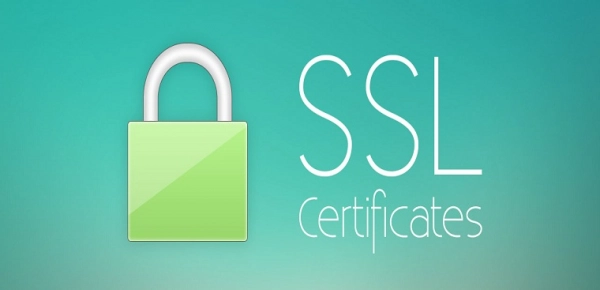
The Importance of SSL
SSL protects sensitive information as it travels across global computer networks. It provides privacy, strict security, and data integrity for both the website and the personal information of visitors.
1. SSL Encrypts Sensitive Information
SSL ensures that sensitive information is encrypted when sent over the Internet and that only the intended recipient can understand it.
When information you send over the Internet travels from one computer to another and then to a destination server, any computer in between can see your credit card number, account name, and password, along with other sensitive information, if they aren't encrypted with an SSL Certificate.
When an SSL Certificate is used, the information becomes unreadable to everyone except the server to which the information is being sent. This prevents hackers and identity thieves from reading or stealing the information.
How is an Encrypted Connection Established?
A secure SSL connection is established through the following steps:
Step 1: You enter or select a URL: `https://www.example.com`
Step 2: The web server receives your request and responds by trying to establish a trusted connection between the web browser and the web server, known as the "SSL handshake."
Step 3: After the SSL Certificate is verified through the SSL handshake, the data transmitted between the web server and the web browser is encrypted to ensure security and privacy.
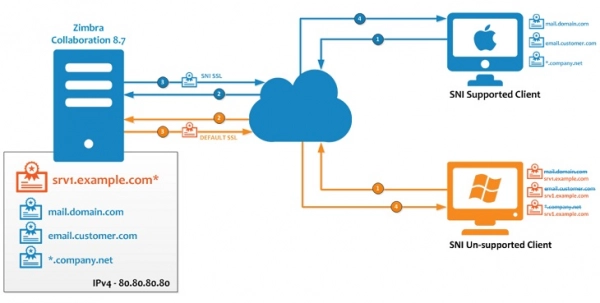
2. SSL Provides Authentication
Besides encryption, a proper SSL Certificate also provides authentication. This means you can be sure that you are sending information to the correct server and not to a fraudster trying to steal your information.
A trusted SSL provider will only issue an SSL Certificate to a company if that company has passed several identity checks. Some SSL Certificates, like EV SSL Certificates, require more extensive validation than others.
You can use an SSL Wizard to compare SSL providers, which is available in most web browsers. The web browser will display a confirmation that the SSL provider is taking specific actions and is verified by a third party using standards like WebTrust.
3. SSL Provides Trust
Web browsers provide users with indicators that their connection is secure, such as a lock icon or a green address bar. This increases customer trust in the website, encouraging purchases and long-term engagement. The SSL provider also gives you a trust seal to further reassure customers.
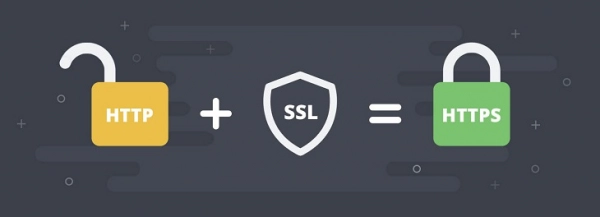
4. SSL Builds Trust for Visitors
HTTPS also helps prevent phishing attacks. A phishing email is sent by a criminal trying to impersonate your website.
This email often includes a link to the criminal's website or uses a "man-in-the-middle" attack (where the criminal tricks the customer into sending sensitive information to them) on your website's domain.
However, it is challenging for a hacker or eavesdropper to obtain an SSL Certificate, so if your website has SSL, they can't perfectly impersonate it, making users less likely to be deceived.
5. SSL is Required for PCI Compliance
To accept credit card information on your website, you must pass certain checks to prove you comply with the Payment Card Industry (PCI) standards. One of those requirements is using an SSL Certificate.
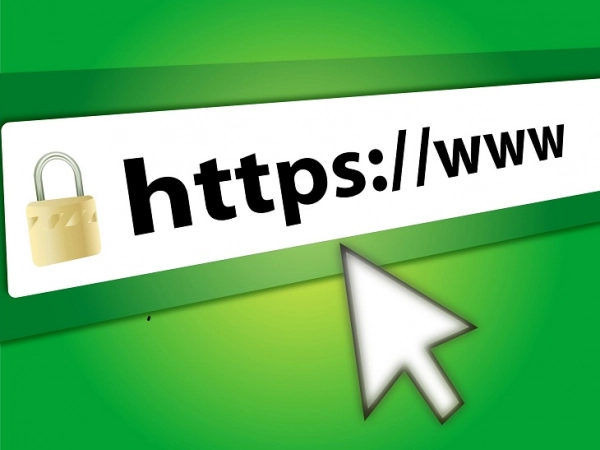
6. SSL and SEO
Google has announced that HTTPS will be a ranking factor. This means that when providing search results, websites with SSL will be prioritized over similar sites without SSL.
Does SSL Have Any Drawbacks?
- Cost: The cost comes from setting up a reliable infrastructure and identity verification.
- Performance: Encrypted data transmission consumes more server resources than unencrypted data. However, this performance difference becomes noticeable only for websites with large traffic volumes and can be mitigated by using more powerful hardware.
Overall, the drawbacks of SSL are minor compared to its advantages and importance. Using SSL appropriately will protect your customers, website, and data, help build and maintain customer trust, and ultimately increase sales.
Submit feedback
Your email address will not be made public. Fields marked are required *
Search
Trend
-
What is Black Myth: Wukong? Detailed Guide on System Requirements and Gameplay
08-21-2024 . 1k view
-
The simplest and fastest way to log into the Chinese TikTok, Douyin.
01-10-2022 . 1k view
-
Blog sites that will accept AI generated content
07-26-2024 . 1k view
-
Call of Duty: Black Ops 6 - Intense, Mysterious, and Surprising Warfare
09-02-2024 . 1k view
-
The "End of Life" for Windows 10: A Massive E-Waste Threat and Sustainable Solutions
08-18-2024 . 943 view






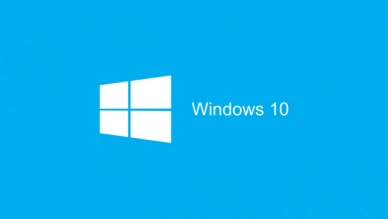
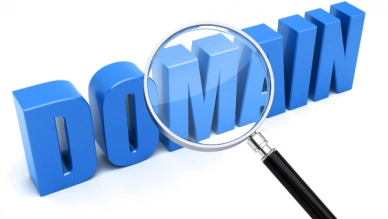
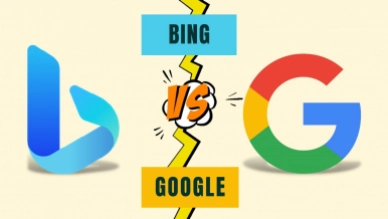

0 feedback